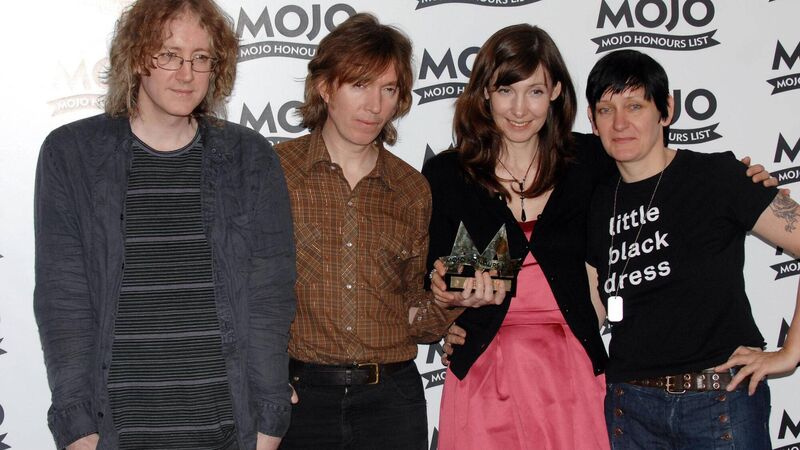Tom Dunne: The best sellers aren't always the best albums

My Bloody Valentine in 2008. (Photo by Samir Hussein/Getty Images)
A very recent vote to decide what was the “Top Irish Album” of all time concluded that My Bloody Valentine’s 1991 album Loveless was just the job. This was a great poll in fairness, lovingly compiled from votes cast by music writers, DJs and industry people who love music. I was one such judge.
Inevitably, as all good polls should, it sparked debate about the entire pointlessness of such polls. “You are comparing oranges and apples,” some people say, “They are both fruits, but that’s where it ends.”




